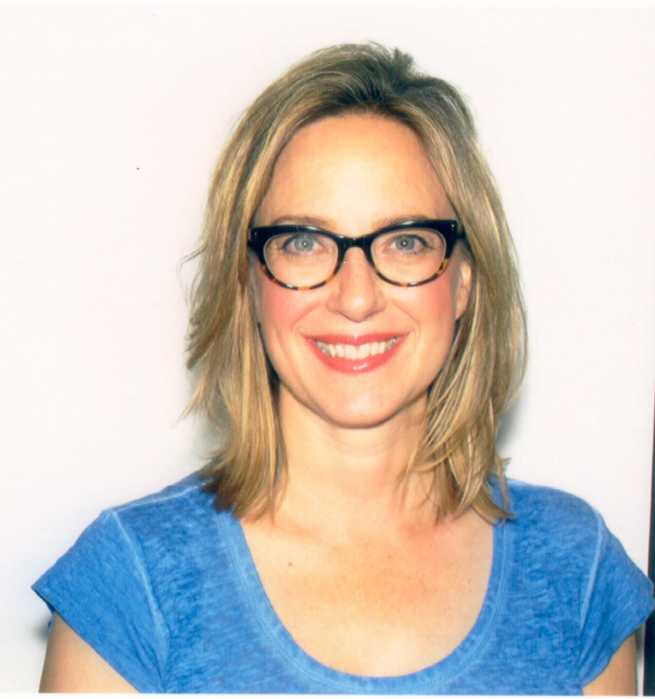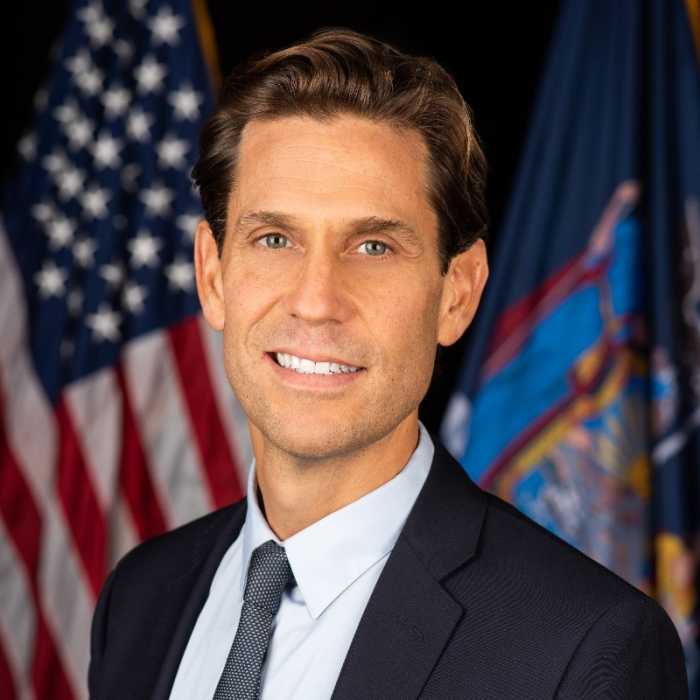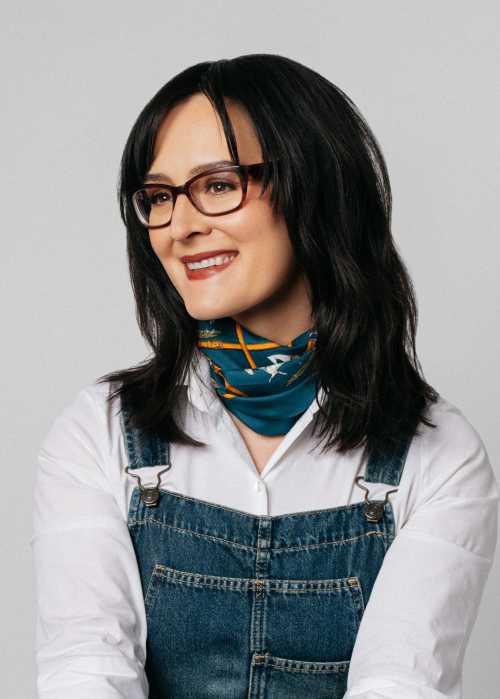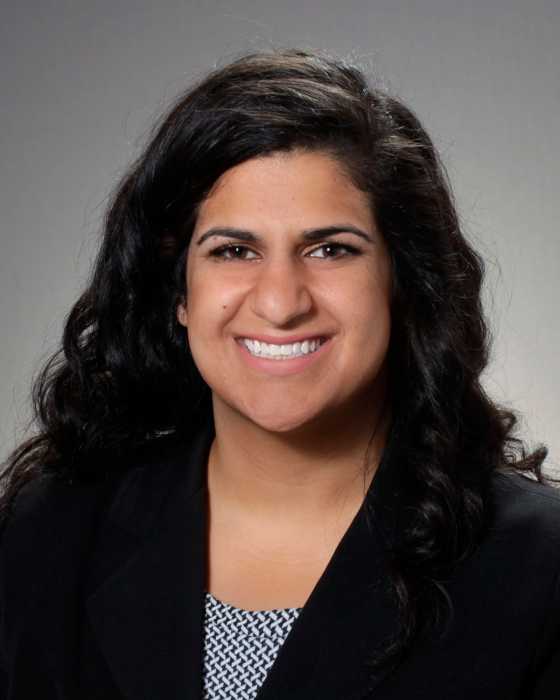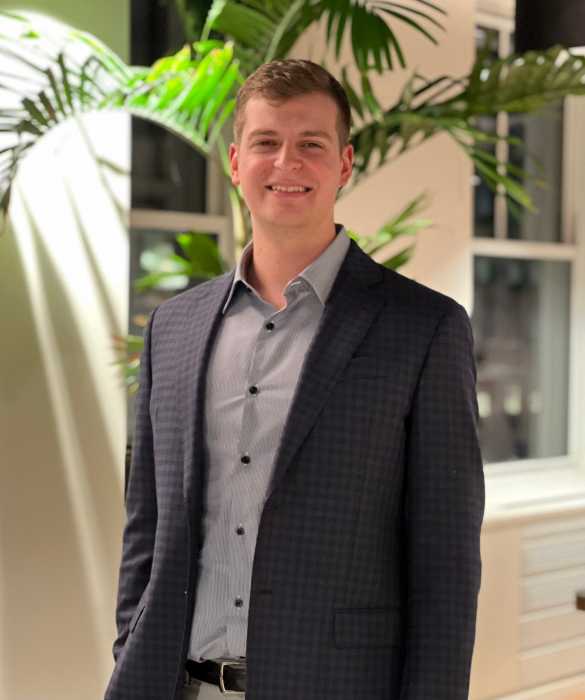Jennifer Bassuk is an evangelist for agricultural innovation and turned her longstanding interest in urban farming into her professional focus after more than a decade at Amazon. She is a proven business leader across Fortune 500 companies and lean start-ups. She now spearheads global business development initiatives for Fluence, a leading global provider of LED lighting solutions, and is known for her passion and grit, and her work as board member, investor and strategic advisor.
Do you think there is a stigma around working in the cannabis industry and if so how do you work to overcome it?
I see the industry through a different lens. To me, cannabis is a fast-growing, emerging market at the forefront of research, innovation and systemic change. It presents an important social, cultural and environmental opportunity to define an entire industry as we build it from the ground up. The diverse businesses and individuals, the lifeforce in driving the industry’s vast potential, are creating an exciting ecosystem, while ensuring the development of a sustainable, responsible industry.
Where do you see the cannabis industry in New York 10 years from now?
In 10 years, New York will be a well-established, regulated cannabis market with significant economic impact. Most growing will take place in greenhouses and indoor facilities using renewable energy sources and sustainable cultivation practices. Researchers and cultivators will have worked collaboratively on optimizing light and temperature control to maximize plant growth and quality, creating a positive impact on the reduction of the state’s overall carbon footprint.



